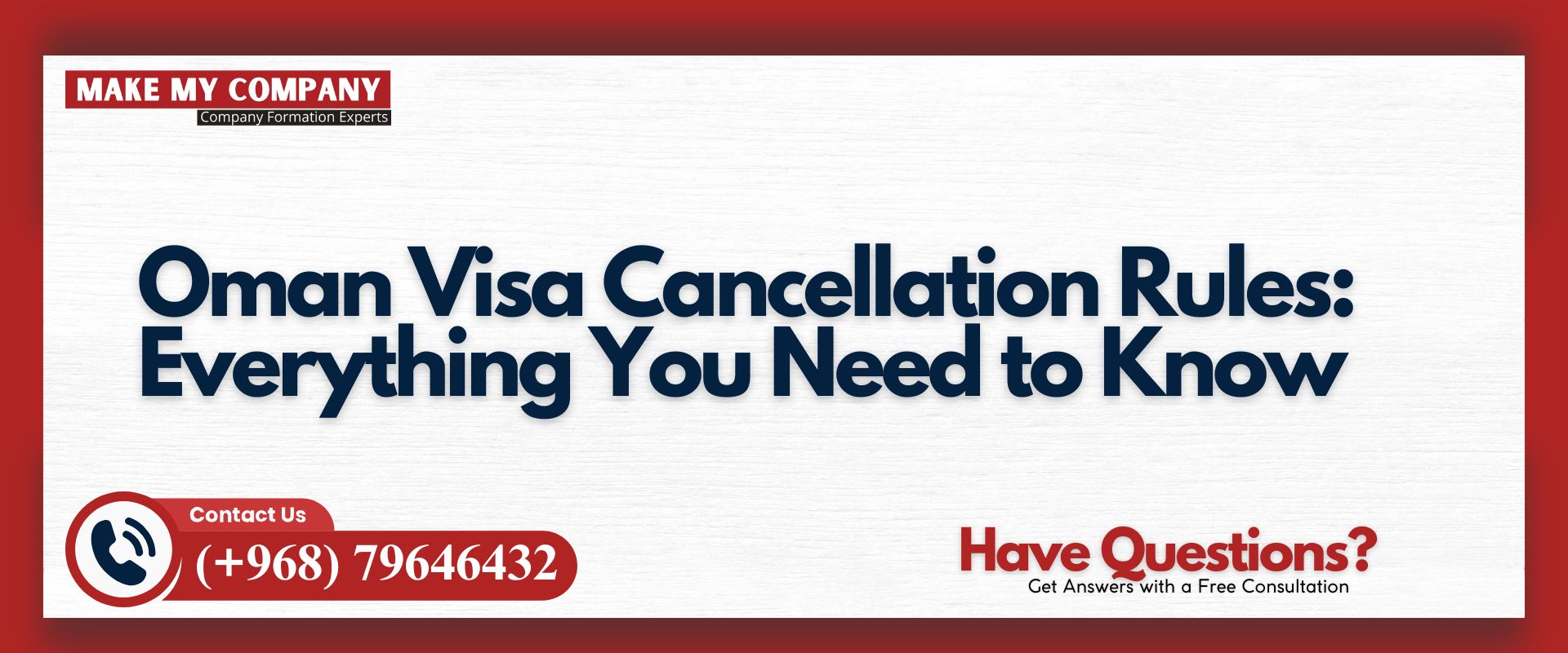Oman, strategically located in the Arabian Peninsula, is an attractive destination for businesses seeking to enter the Middle Eastern market. Known for its stable economic environment and progressive reforms, Oman offers significant opportunities for foreign investors. Understanding corporate income tax regulations is crucial for businesses planning to establish or operate in Oman. This guide provides a detailed overview of Oman’s corporate income tax framework, recent changes, compliance requirements, and strategic considerations for successful business setup in Oman.
Overview of Oman’s Tax System
Oman’s tax system has undergone significant reforms as part of the country’s efforts to diversify its economy and attract foreign investment. The government has introduced a structured corporate income tax system designed to enhance the business climate and reduce reliance on oil revenues.
Corporate Income Tax Rates
The corporate income tax rate in Oman is set at 15%, applicable to all companies operating within the country, including foreign entities. However, various provisions and exemptions can impact the effective tax rate:
- Small and Medium Enterprises (SMEs): SMEs may qualify for tax incentives and reduced rates under certain conditions to support small business growth.
- Special Economic Zones: Companies operating in special economic zones may benefit from tax holidays or reduced tax rates to encourage investment in these areas.
- Oil and Gas Sector: Companies in the oil and gas sector face different tax rules and potentially higher tax rates due to the sector’s profitability.
Taxable Income and Deductions
Corporate income tax in Oman is levied on net income, calculated as total revenues minus allowable deductions. Key components of taxable income include:
- Revenue from Operations: Income generated from the company’s core business activities.
- Investment Income: Earnings from investments, including dividends, interest, and capital gains.
Allowable Deductions: To determine taxable income, companies can deduct:
- Operating Expenses: Costs related to business operations such as salaries, rent, utilities, and raw materials.
- Depreciation: Expenses related to the depreciation of fixed assets like machinery and buildings.
- Interest Expenses: Interest on business loans and credit facilities.
- Charitable Contributions: Donations to registered charitable organizations may be deductible.
Filing and Payment Obligations
Companies in Oman are required to file annual corporate income tax returns. The fiscal year aligns with the calendar year, and returns must be submitted within four months after the end of the fiscal year. For example, a company with a fiscal year ending on December 31 must file by April 30 of the following year.
Key Filing Requirements:
- Annual Tax Return: Must be filed electronically through the Oman Tax Authority’s e-filing system.
- Supporting Documents: Includes financial statements, balance sheets, and profit and loss accounts.
Tax Payment: Corporate tax payments must be made by the filing deadline. Late payments may incur penalties and interest, emphasizing the importance of timely compliance.
Tax Administration and Compliance
The Oman Tax Authority (OTA) is responsible for tax administration and enforcement. The OTA ensures compliance with tax laws, conducts audits, and provides guidance to businesses.
Key Compliance Considerations:
- Record-Keeping: Maintain accurate financial records for a minimum of five years.
- Tax Audits: The OTA may conduct audits to verify the accuracy of tax returns and ensure compliance.
- Documentation: Adequate documentation is essential for supporting tax deductions and exemptions.
Tax Incentives and Exemptions
Oman offers various tax incentives and exemptions to encourage investment and business development:
- Investment Incentives: Foreign investors and businesses in specific sectors like manufacturing and tourism may receive tax incentives, including reduced tax rates and exemptions.
- Special Economic Zones: Businesses operating in special economic zones may enjoy tax holidays and reduced tax rates.
- Double Taxation Agreements (DTAs): Oman has DTAs with several countries to avoid double taxation and promote international trade, offering reduced withholding tax rates on dividends, interest, and royalties.
Recent Developments and Reforms
Oman’s tax landscape is evolving with recent reforms aimed at improving the business environment:
- Implementation of VAT: Oman has introduced Value Added Tax (VAT) at a 5% rate, impacting businesses across various sectors. VAT registration and compliance are crucial for businesses engaged in taxable activities.
- Economic Diversification: Under its Vision 2040 plan, Oman is focused on economic diversification and reducing reliance on oil revenues, which includes enhancements to the tax system.
Strategic Considerations for Businesses
When setting up or operating a business in Oman, consider these strategic factors to optimize tax planning and compliance:
- Engage a Local Business Consultant: A business consultant in Oman can offer valuable insights into local tax regulations, assist with the setup process, and ensure compliance with Omani laws.
- Leverage Tax Incentives: Utilize available tax incentives and exemptions to reduce your tax burden and improve profitability.
- Plan for VAT Compliance: Prepare for VAT registration and compliance, as it will affect financial reporting and tax obligations.
How Make My Company Helps to Set Up Your Business in Oman
Make My Company, a leading business setup company in Oman and a trusted business setup consultant in Oman, offers a full suite of services designed to facilitate the seamless establishment of your business in this promising market. Our team guides you through every step of the business setup in Oman, from selecting the right business structure and securing necessary licenses to ensuring compliance with local regulations. We handle the complexities of registration, help you find suitable office space, and assist with visa arrangements for you and your team. Additionally, our expertise in tax services in Oman ensures that your business meets all tax obligations efficiently. With Make My Company’s comprehensive support, you can confidently navigate the setup process and focus on growing your business in Oman.









